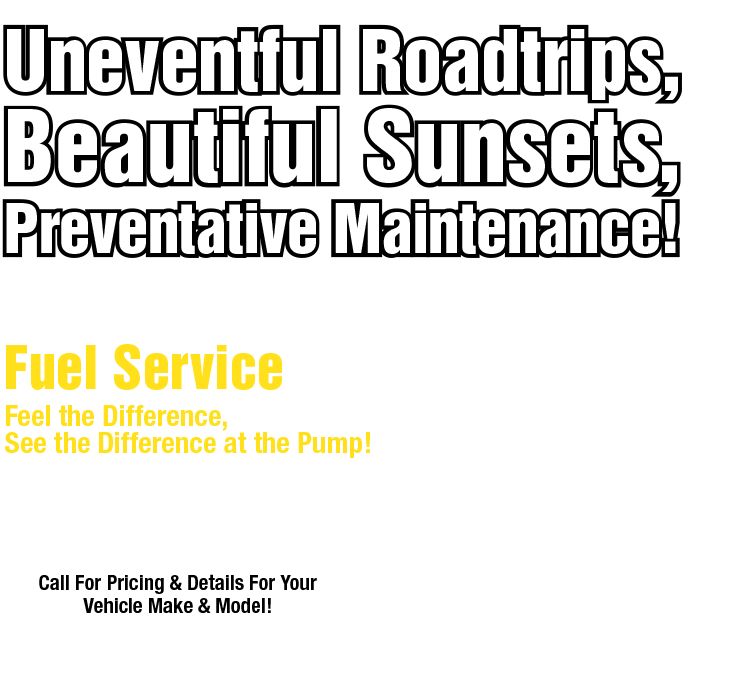Saving Lives in Lake Orion with Tire Pressure
September 8, 2022
All new passenger vehicles on our Lake Orion, Michigan, roads now have tire pressure monitoring systems – TPMS for short. They are designed to alert you if your tires are underinflated. Since they are fairly new, a lot of people have questions about them.
First off, the most important thing is that you still need to check your tire pressure every week – or at least every time you gas up. The TPMS system alert comes in when your tire is 20 percent below the factory recommendation. So if the recommended pressure is 34 pounds per square inch, the TPMS warning won't come on until the pressure is at 28 pounds. That's significantly underinflated, enough to raise safety concerns.
The worst is tire failure. A severely underinflated tire can overheat and fail. Also, handling degrades to the point that you may not be able to steer out of trouble. Also underinflated tires wear out faster and they waste fuel. So it's costly to not stay on top of proper inflation.
What's the practical value of the TPMS system? Well, it's twofold. First, it can alert you when your tire is losing pressure due to a puncture or a bent rim. That's an important warning that you might not have gotten until next time you gassed up.
The second is that we all occasionally forget to check our tire pressure. So it's a fail-safe system to let you know there's a problem brewing.
Other things can cause your TPMS system to go off. The system also monitors itself. The sensors that are mounted in the wheels have little batteries that send a signal to the monitor. The batteries go dead over time and the TPMS system will let you know. And the sensors could break. Also road salt from our Michigan roads can ruin them.
There's also a hassle factor that your Lake Orion, Michigan, tire center has to contend with. For example, when you have your tires rotated in Lake Orion, the TPMS system has to be re-calibrated so that it knows which tire is on which corner of the car. Same is true for when you have new tires or winter tires installed. Flat repairs, as well.
That takes extra time. And it requires the right equipment and training. Special – and expensive – tire change machines need to be used with some sensors. It's all complicated by the fact that there are a number of different TPMS systems in use so the tire professionals at Tire Warehouse Depot need equipment and training for each kind. Tire centers have had to raise the price of some of these basic services to offset their increased costs.
Also if you add custom wheels on your vehicle, you need to put in new TPMS sensors if your originals won't work on the new rims. If you don't your TPMS light will be on constantly and you won't have the benefit of the warning system.
All in all, the mandated TPMS systems will save lives, so they're worth the added hassle and expense.
Tire Warehouse Depot
250 N. Lapeer Rd.
Lake Orion, Michigan 48362
248-929-0699
Need Service?
More articles from Tire Warehouse Depot

Mileage Headed Downhill? (What Causes Bad Fuel Economy?)
January 18, 2026
Name someone you know who enjoys spending a lot of money on gasoline. Yeah, me neither. Thats because it costs quite a bit to keep fueling your vehicle. One way to save money on gas is to get good fuel economy, and most of todays vehicles are designed to maximize your mileage. But you might f... More

You Are the Fluid Detective! (Leaking Fluids)
January 11, 2026
When you see some liquid sitting underneath your vehicle, your mind starts churning. Is that normal? Is that something serious, or did I just spill my drink? Heres a quick list of what those fluids look, smell and feel like, as well as what they might be. No, we dont recommend you taste them to ... More

(Ball Joint Replacement)
January 4, 2026
Every day that goes by, our bodies get a little more wear and tear on them. Our vehicles have the same issue. The older we get and the farther we travel, certain parts start showing some wear. Think of your hips. There are parts of our vehicles that are similar to them; just like hips allow y... More










